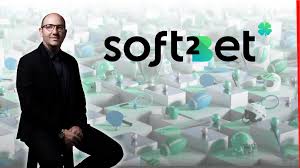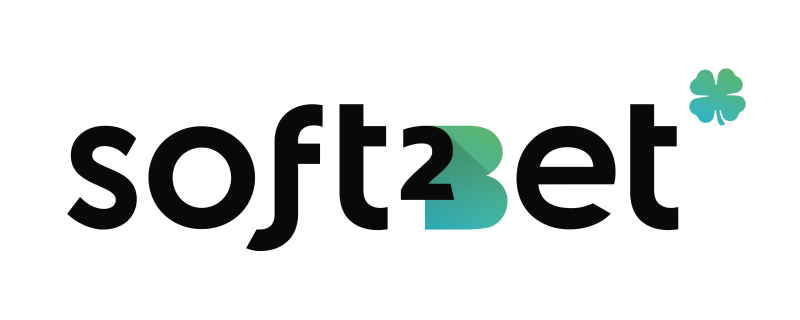
Exciting Strategies to Launch New Gaming Brand
In the rapidly evolving world of gaming, launching a new gaming brand is both an exhilarating and challenging endeavor. To stand out in a crowded market, it’s crucial to develop a comprehensive strategy that encompasses everything from product development to marketing and community engagement. One effective way to enhance your brand’s credibility is to associate with established platforms and experts in the industry. For example, consider collaborating with launch new gaming brand SoftBet for their insights and expertise. This article will outline key strategies that will help you successfully launch your gaming brand and gain traction among your target audience.
Understanding Your Target Audience
The first step to launching a new gaming brand is identifying and understanding your target audience. Who are the gamers you want to reach? What are their preferences, habits, and desires? Conducting extensive market research is vital. Utilize surveys, focus groups, and social media polls to gather insights about potential customers. Create player personas that represent your target demographic, and ensure that your brand’s games, features, and marketing approaches resonate with them.
Creating a Unique Value Proposition
What makes your gaming brand unique? This is a critical question to answer in your branding strategy. Your value proposition should clearly define what sets your brand apart from competitors. Whether it’s innovative gameplay, stunning graphics, engaging storylines, or unparalleled user experiences, pinpoint these differentiators. Communicate them consistently in your marketing materials, and make sure they are reflected in your game design and player interactions.
Developing Your Game
Your game is the heart of your gaming brand. Whether you are developing a mobile game, a console title, or an online multiplayer experience, it’s essential to ensure high-quality development. Assemble a talented team that can bring your vision to life. Focus on creating a seamless user interface, captivating gameplay mechanics, and an enthralling story. Regularly solicit feedback from beta testers to refine your product before launch. Emphasize quality over quantity; it’s better to launch a single polished game than multiple subpar titles.
Building a Strong Brand Identity
Your brand identity is the face of your gaming company. It includes your name, logo, colors, and overall aesthetic. Ensure that your branding elements resonate with your target audience and reflect your game’s theme. Develop a memorable logo that can be recognized at a glance. Consistency in branding across all platforms, including social media, websites, and promotional materials, will help build recognition and trust among gamers.

Utilizing Digital Marketing Strategies
Effective digital marketing is indispensable for the successful launch of your gaming brand. Create an engaging website that showcases your games and brand story. Optimize your website for search engines (SEO) to enhance visibility. Develop a content marketing strategy that includes blog posts, videos, and tutorials to generate interest in your game. Leverage social media platforms to connect with gamers, share behind-the-scenes content, and execute targeted advertising campaigns. Influencer marketing can also be powerful; partner with gaming influencers who can introduce your brand to their followers.
Community Engagement and Building a Fan Base
In the gaming world, fostering a community is essential. Engage with your audience through social media and forums, and encourage feedback about your game. Consider creating a Discord server where fans can chat, share tips, and discuss your games. Hosting contests, giveaways, and events can also enhance community involvement and create excitement around your brand. The more your players feel connected to your brand, the more likely they are to remain loyal and spread the word.
Launching with a Memorable Event
A successful launch event can create a buzz around your gaming brand and draw in early players. Consider hosting an online launch party with game previews, developer Q&A sessions, and giveaways. Utilize live-streaming platforms to reach a wider audience. You can also partner with gaming conventions or expos to gain exposure. Ensure that your launch event is well-promoted, as it’s a crucial opportunity to establish your presence in the gaming community.
Post-Launch Support and Updates
The launch of your game is just the beginning. Post-launch support is vital for keeping players engaged. Actively listen to feedback and be responsive to player concerns. Regular updates with new content, bug fixes, and improvements show your commitment to enhancing the gaming experience. Consider implementing a roadmap that outlines future updates and expansions, helping to maintain interest and keep users coming back.
Measuring Success and Adjusting Strategies
After launching your gaming brand, measuring success is critical. Use analytics tools to track player engagement, retention rates, and overall performance. Gather data on who is playing your game, how long they play, and what features are popular. Use this information to refine your marketing strategies and development plans. Be flexible and ready to make adjustments based on feedback and performance metrics, ensuring that your brand remains dynamic and responsive to market trends.
Conclusion
Launching a new gaming brand can be an exciting journey filled with opportunities and challenges. By focusing on understanding your target audience, developing a unique value proposition, creating high-quality games, and engaging actively with your community, you can set your brand up for success. Remember that the gaming landscape is continually changing, so stay informed about industry trends and player preferences. With the right strategies in place, your gaming brand will not only launch successfully but will also thrive in the competitive gaming market.